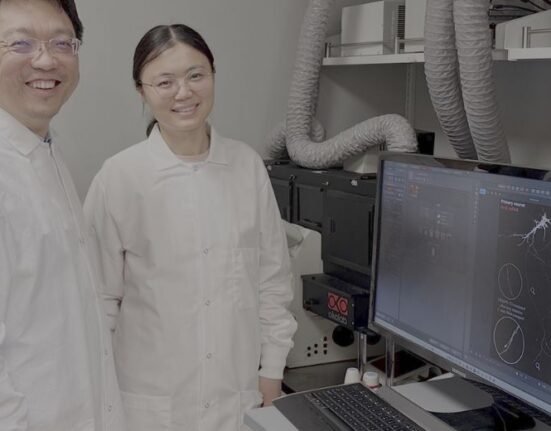HQ Team
November 29, 2023: The University of Cambridge announced a partnership with AstraZeneca and the Medical Research Council to set up a functional genomics laboratory at the Milner Therapeutics Institute.
The laboratory will become part of the UK’s Human Functional Genomics Initiative, contributing to the UK’s ambition of having the most advanced genomic healthcare system in the world, according to a university statement.
Functional genomics investigates the effects and impacts of genetic changes in our DNA, and how these contribute to disease.
The lab, which is expected to become operational in 2024, will provide a centre of excellence and national resource that combines the strengths and expertise of academia and industry.
Gene editing
The facility will support the discovery of new medicines and diagnostics for chronic diseases by applying advanced biological and technological tools, including CRISPR gene editing.
CRISPR is a family of DNA sequences found in the genomes of prokaryotic organisms such as bacteria.
These sequences are derived from DNA fragments of bacteriophages that had previously infected the prokaryote. They are used to detect and destroy DNA from similar bacteriophages during subsequent infections.
CRISPR makes it possible to test specific DNA alterations in a controlled way to investigate the effects and impacts of genetic changes in our DNA, revealing their effects on biological processes that cause disease.
Developing new therapies
Finding these disease drivers is a key first step in the process of identifying potentially life-changing medicines for patients.
The new facility will provide researchers from across the UK with access to large-scale biological and technological tools and house an advanced automated arrayed-CRISPR screening platform.
Using tools, such as CRISPR gene editing to provide insights into the relationship between genes and disease, scientists will be able to discover new opportunities to develop therapies for chronic diseases including cardiovascular, respiratory and metabolic diseases.
The collaboration between academia and the industry “will enable sharing of expertise and resources to deliver new diagnostics and treatments for people with chronic diseases, ” said Professor Tony Kouzarides, Director of the Milner Therapeutics Institute.
“Collaboration is crucial to achieving our ambition of transforming healthcare and delivering life-changing medicines for patients, and innovative partnership such as this one, allow us to share resources and expertise to advance science,” said Sharon Barr, Executive Vice President, BioPharmaceuticals R&D, AstraZeneca.








